Identity is just a thing of the past
"Spain outplayed Italy. They played the kind of game we want to emulate," coach Luciano Spalletti said after Italy's 1-0 defeat to Spain in the group stage of EURO 2024, in a match where the Italians rarely advanced beyond the halfway line.
If goalkeeper Gianluigi Donnarumma had not been excellent, Italy could have lost 0-4, the same score as in the EURO 2012 final, also against Spain.
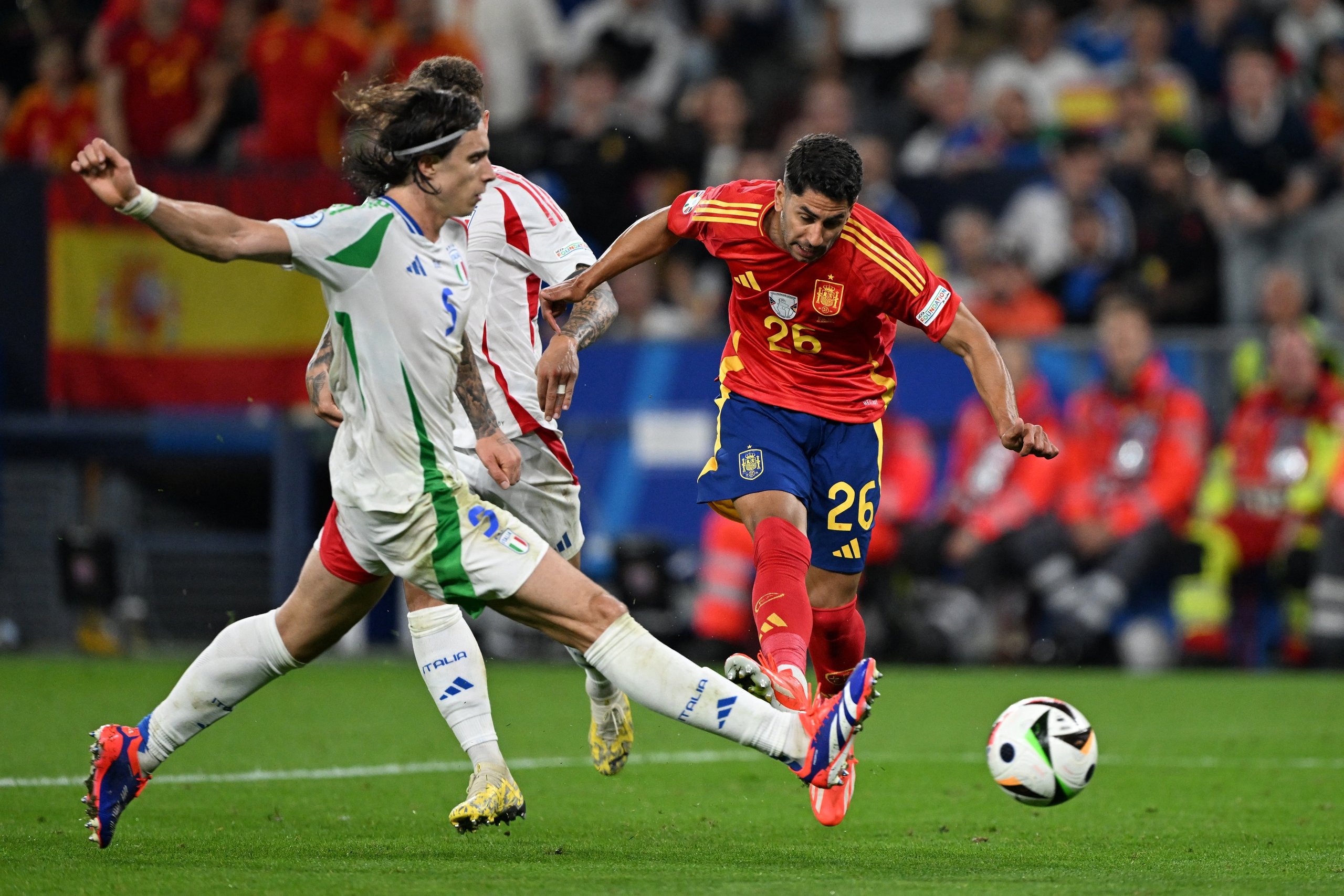
Spain team (red shirt) outperforms Italy
Going back 12 years, Spain was at the peak of tiqui-taca - the style of play that controlled the entire game inherited from Pep Guardiola's Barca. Why is it called "tiqui-taca"? To put it simply, "tiqui" means pass, "taca" means run. This style of play takes passes and movement as its lifeblood in the opening stages.
Both Barca and Spain pass the ball smoothly and flexibly with precise passes like clockwork. Two-thirds of Spain's squad at their peak from 2008 to 2012 were called up from Barca, so players could see the smoothness with their eyes closed. The team nicknamed "La Furia Roja" copied the identity of the club to guide itself.
But by the time Barca fell, Spain had gone a full decade without a clear philosophy. Before everyone realised: to be successful, perhaps you don’t need to follow a certain style of play.
Before EURO 2024, coach Luis de la Fuente had coached Spain's youth teams. Perhaps his time coaching young players gave De La Fuente an open mind to change.
Spain dominated the group stage thanks to a style of play that was still based on attack, but not the tiqui-taka of the Vicente del Bosque and Luis Enrique era, but softer and more multi-faceted.
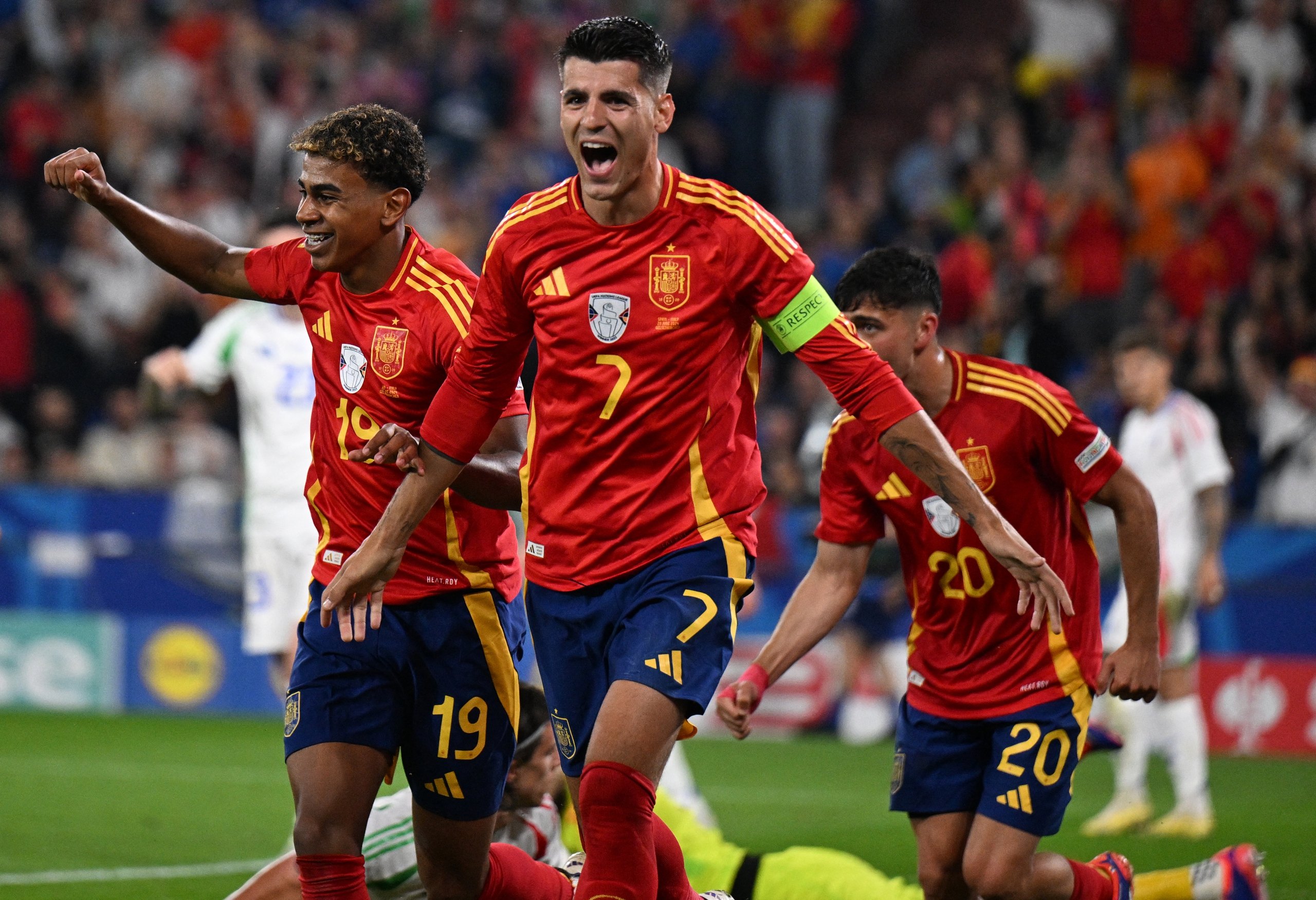
New and modern Spanish style of play
Passing long, changing wings, sometimes pushing the ball for young stars like Nico Williams or Yamine Lamal to handle, Spain not only controlled the ball, but also pressed fiercely, controlled the space well, even retreated to defend when needed.
The same is true of Germany, who were also praised in the group stage. But in fact, to describe Germany's style of play, we can only say very generally: scientific , disciplined, good pressing and diverse. There is no specific identity in the playing style of teams like Germany or Spain.
There is no success template.
With the national team, it is difficult to build an identity, because the players only have a few training sessions each year, meeting each other once in a while.
Spain and Germany’s previous successes were largely inherited at club level, with Barca and Bayern Munich respectively. Coincidentally, both teams have had the stamp of Pep Guardiola, one of the few current coaches who still coach with philosophy.
At EURO 2024, it is not difficult to see that the teams are playing in a similar style of pressing or counter-attacking. There is no longer a distinct identity, that this team must play this way or that way.
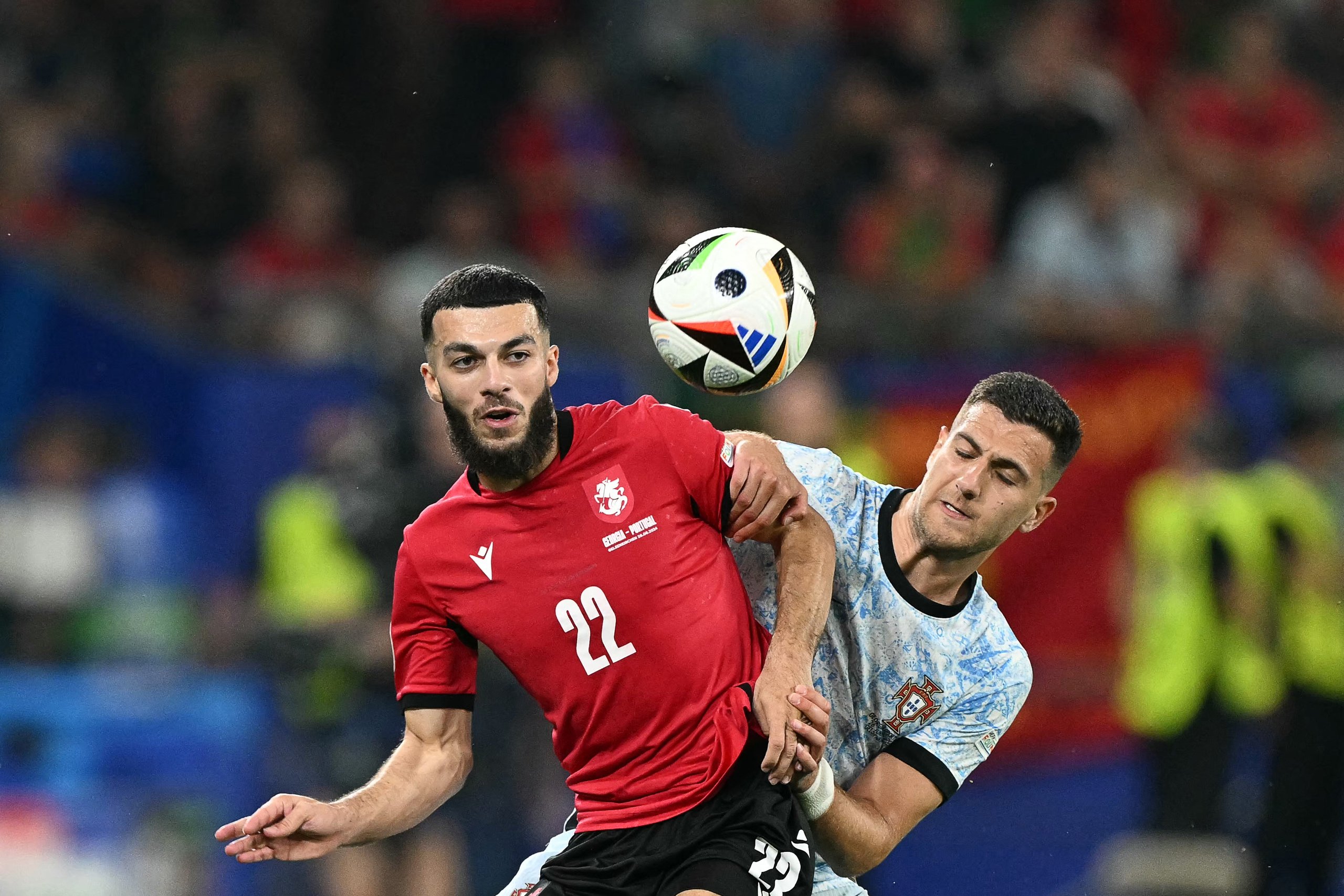
Georgia convincingly defeated Portugal
France won the 2018 World Cup, or Portugal won EURO 2016 without any identity. Or the Italian team that used to be famous for its defense, but won EURO 2020 with the attractive attacking form of Roberto Mancini.
If we have to summarize the success formula of the most recent champions, we can only say that these teams adapt to the situation better, maintain a more stable playing system and performance than the rest.
But to have the above factors, it is best not to play according to a specific identity to avoid being predicted. EURO 2024 can therefore be bland in terms of tactics, but difficult to predict.
The narrower tactical boundaries mean a smaller gap in skill level. An unknown team like Georgia can defeat Portugal, a group of 4 teams with 4 points, or the star-studded English and French teams still struggling... are proof that there is still much to talk about in a EURO.
Source: https://thanhnien.vn/ban-sac-bi-xoa-nhoa-euro-2024-lai-cang-dang-xem-hon-185240628084256949.htm


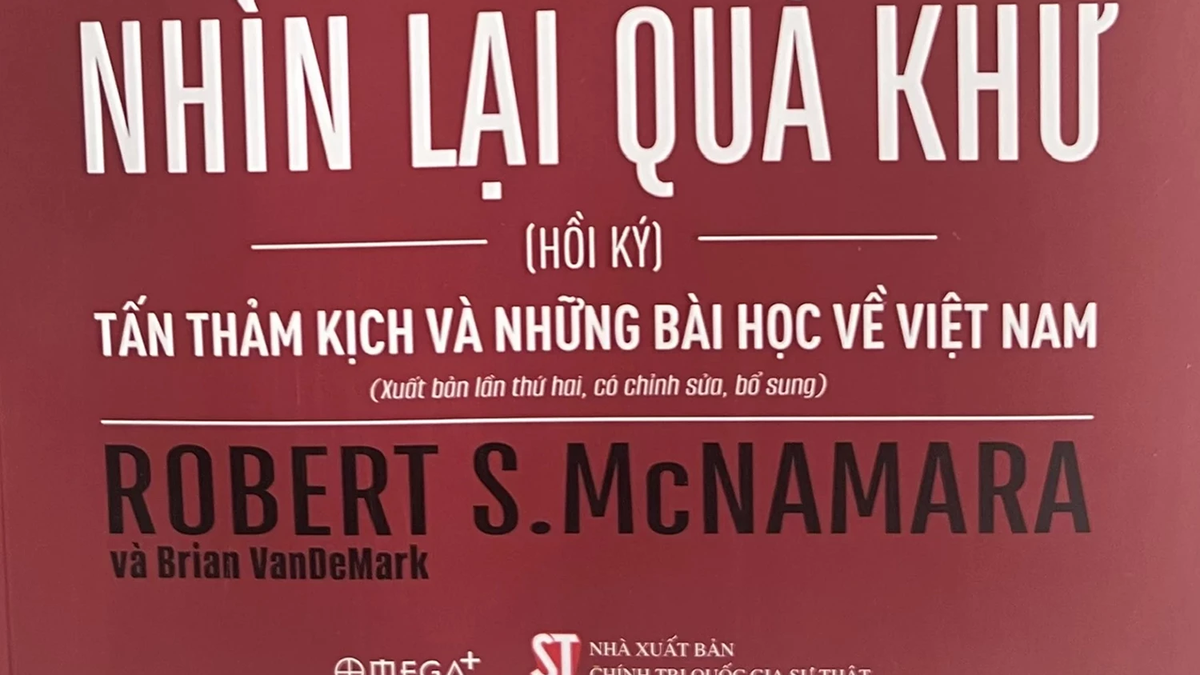


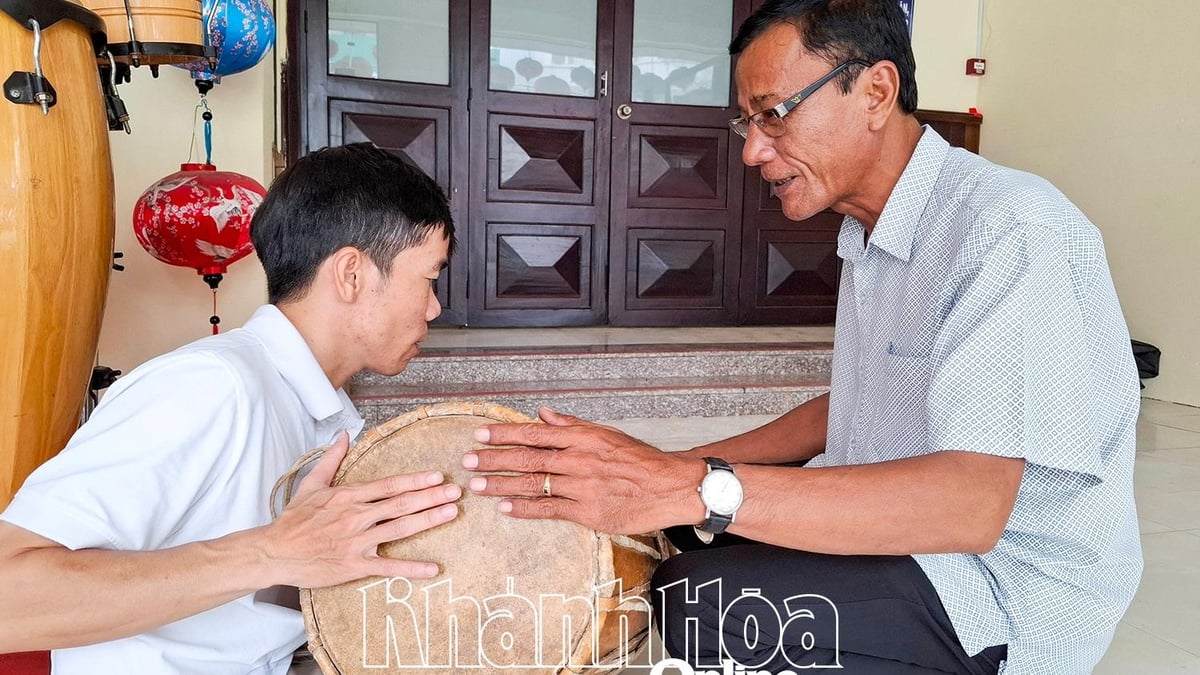




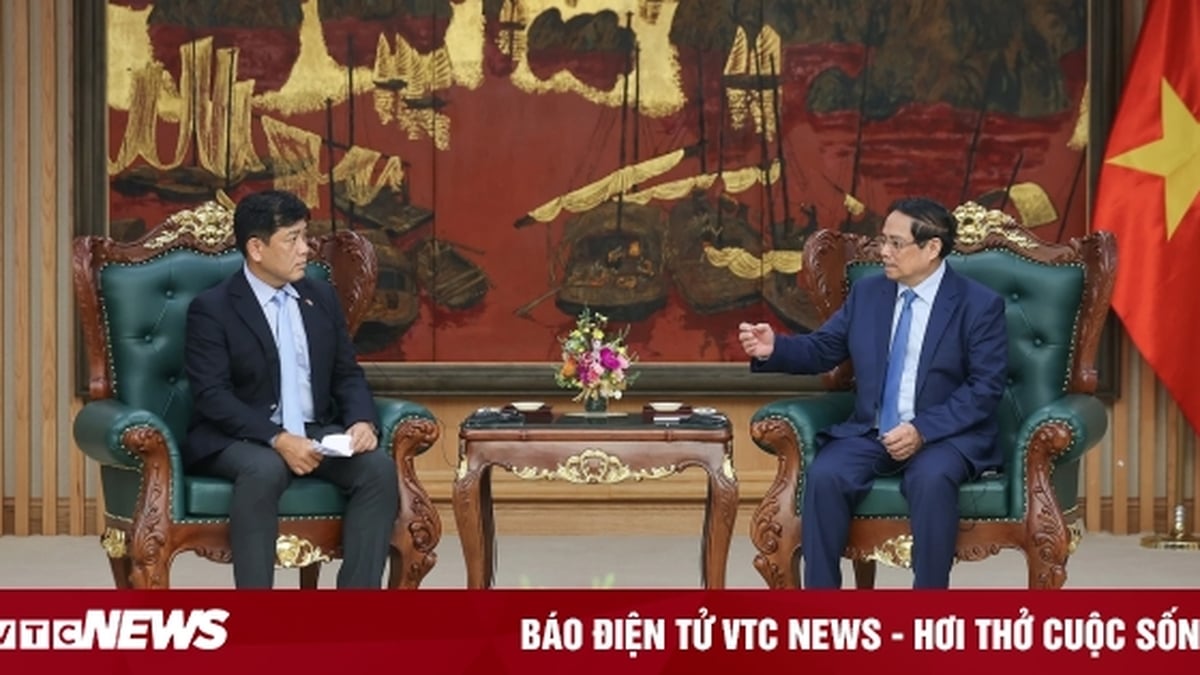



















































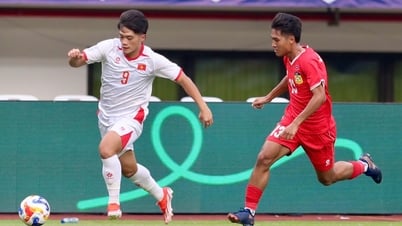

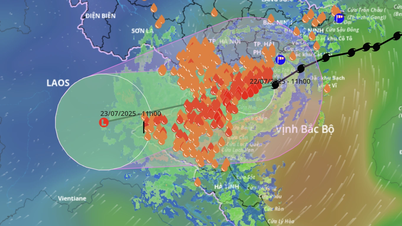
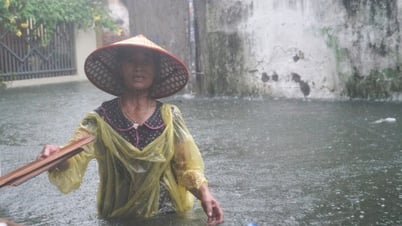




































Comment (0)